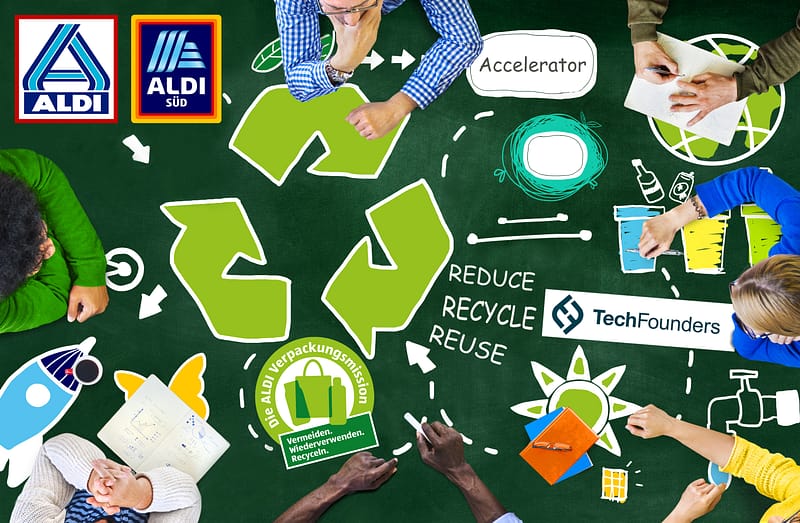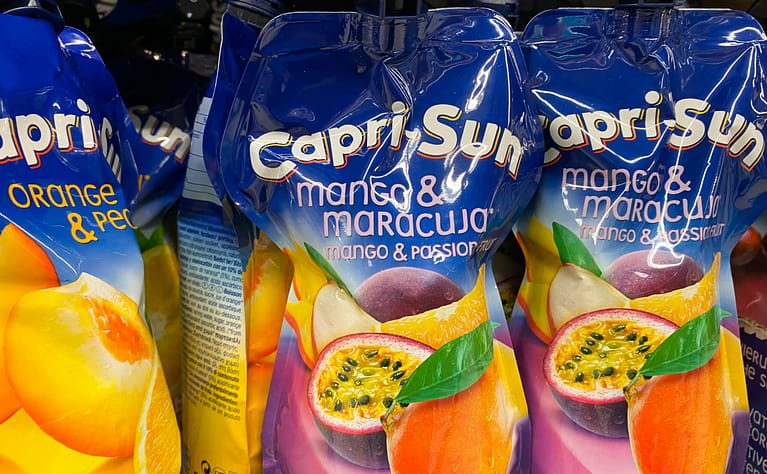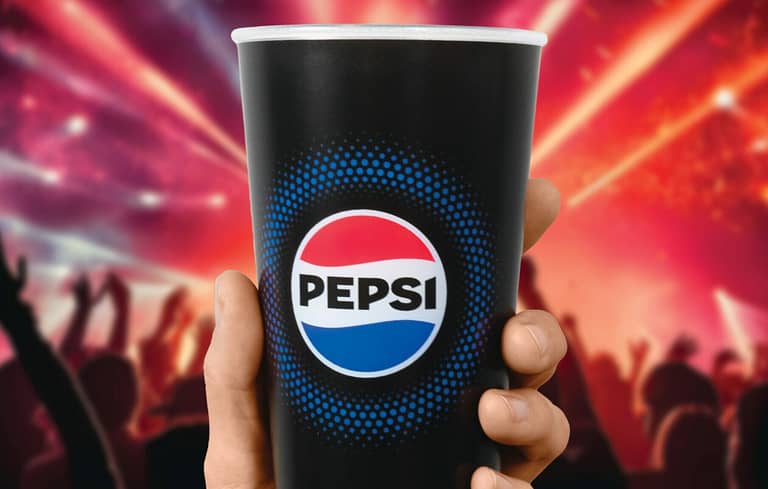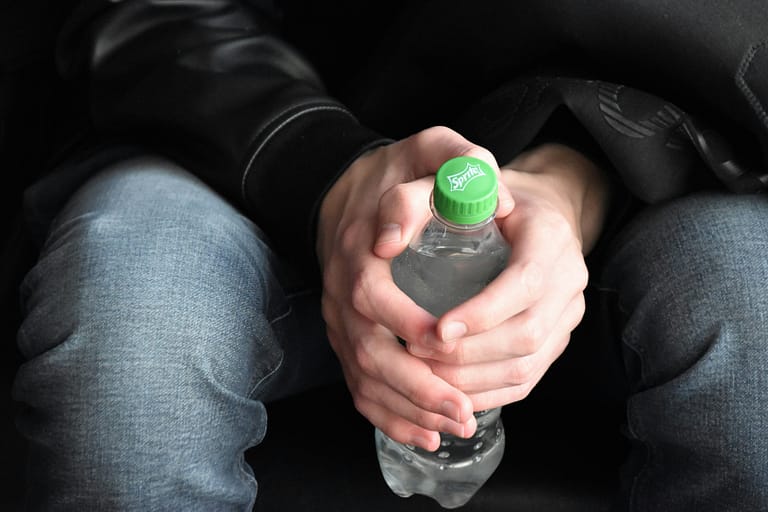Source: ©ALDI SÜD
Aldi takes stock:
Much must be done to reach sustainability goals by 2025
Thomas Reiner | 17.12.2019
A year ago, Aldi Nord and Aldi Süd adopted a joint packaging strategy with concrete sustainability goals and measures. The key points of the strategy include the reduction of packaging costs and the use of plastics. Now the discount giants have taken stock.
Compared to 2015, Aldi Nord and Aldi Süd, which together form the retail group with the highest sales in Germany, have saved more than 40,000 tonnes of packaging. This includes 22,000 tonnes of plastic. This corresponds to about 8 million of the “yellow sacks” used for collection in the country’s dual system. The elimination of plastic foils for cucumbers contributed 120 tonnes to the savings.
The naked numbers sound good for now. However, they are quickly put into perspective if you put them in relation to Aldi’s self-imposed goals:
- By 2025, the packaging weight of the company’s own brands is to fall by 30 percent relative to sales and in comparison to the base year 2015.
- Private label accounts for around 88 percent of Aldi’s total sales. This corresponds to around 820,000 – 1 million tons of packaging per year.
- However, the company’s own brands only contribute around 15,000 tonnes to the 40,000 tonnes reduction in packaging material achieved.
- These 15,000 tons correspond to only about 1.5 to 1.8 percent of the packaging of the private labels. The major share was accounted for by branded products, where 13 to 21 percent of packaging was saved.
So Aldi still faces a long way to go in order to reach its self-imposed goal of reducing the packaging weight of its own brands by 30 percent by 2025.
It will be exciting to see how Aldi intends to close this big gap. The only thing that is clear is that the discounter will have to increase its efforts significantly if it wants to achieve its goals.
Basically, the retailer has yet to prove that it can not only make demands, but also follow them itself. So far, brand owners have been acting with a clear lead.




